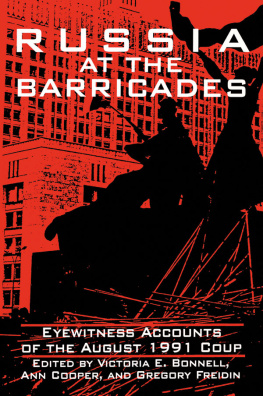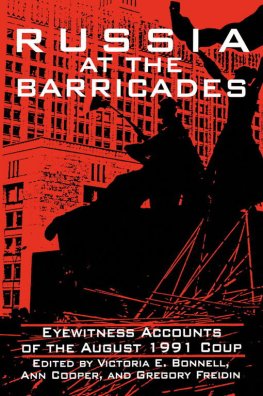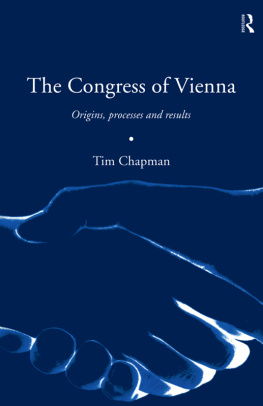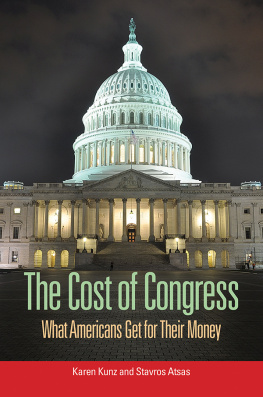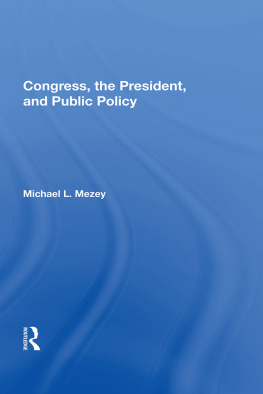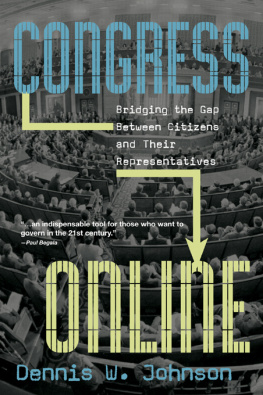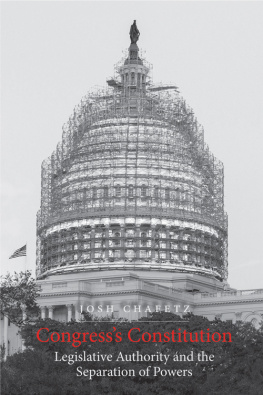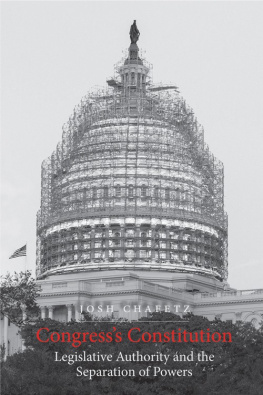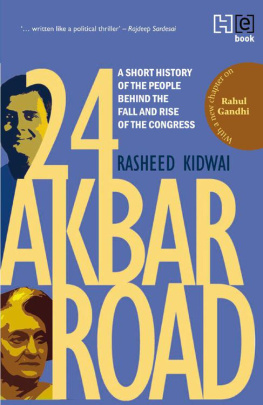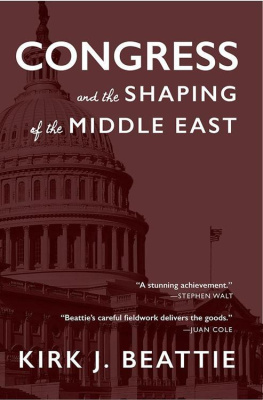R U S S I A
AT THE
BARRICADES
First published 1994 by M.E. Sharpe
Published 2015 by Routledge
2 Park Square, Milton Park, Abingdon, Oxon OX14 4RN
711 Third Avenue, New York, NY 10017, USA
Routledge is an imprint of the Taylor & Francis Group, an informa business
Copyright 1994 Taylor & Francis. All rights reserved.
No part of this book may be reprinted or reproduced or utilised in any form or by any electronic, mechanical, or other means, now known or hereafter invented, including photocopying and recording, or in any information storage or retrieval system, without permission in writing from the publishers.
Notices
No responsibility is assumed by the publisher for any injury and/or damage to persons or property as a matter of products liability, negligence or otherwise, or from any use of operation of any methods, products, instructions or ideas contained in the material herein.
Practitioners and researchers must always rely on their own experience and knowledge in evaluating and using any information, methods, compounds, or experiments described herein. In using such information or methods they should be mindful of their own safety and the safety of others, including parties for whom they have a professional responsibility.
Product or corporate names may be trademarks or registered trademarks, and are used only for identification and explanation without intent to infringe.
Library of Congress Cataloging-in-Publication Data
Russia at the barricades : eyewitness accounts of the August 1991 coup / edited by Victoria E. Bonnell, Ann Cooper, and Gregory Freidin.
p. cm.
Includes index.
ISBN 1563242710 (cloth) ISBN 1-56324-272-9 (pbk.)
1. Soviet UnionHistoryAttempted coup. 1991Personal narratives.
2. Soviet UnionHistoryAttempted coup. 1991Sources.
I. Bonnell, Victoria, E.
II. Cooper, Ann.
III. Freidin, Gregory.
DK292.R86 1991
947.08540922dc20 9327944
CIP
ISBN 13: 9781563242724 (pbk)
ISBN 13: 9781563242717 (hbk)
To our children, Anna Freidin and Tom Keller
Contents
On August 19, 1991, eight high-ranking Soviet officials took over the government of the USSR by force and proclaimed themselves the countrys new rulers. Less than seventy-two hours later, their attempt to seize power had collapsed. Though short-lived, the coup produced consequences few could have foreseen. Soon afterward, the Communist Party that had ruled Russia since 1917 was suspended and dispossessed. Five months after the coup, the Soviet Union itself had ceased to exist.
The editors of this volume had the good fortune to witness at close range the monumental events that shook Russia and the world in August 1991. Ann Cooper, the National Public Radio bureau chief in Moscow since 1986, was covering a story in Vilnius, Lithuania, when the coup began. By the end of the day she was back in Moscow. Victoria E. Bonnell, a sociologist at the University of California, Berkeley, and Gregory Freidin, a former Muscovite who teaches Russian literature at Stanford University, arrived in Moscow on August 15 to do research and visit friends and family.
Experienced though we all were in observing and writing about Soviet affairs, we found ourselves overwhelmed and astonished by the tremendous power of the events. With millions of others in Moscow, St. Petersburg, and throughout the Soviet Union and the world, we watched with horror and fascination as the junta sought to turn back the clock to a timea mere six years earlier!when a corrupt and brutal Communist party-state had ruled Russia.
Several months after the event, the three editors reunited in Berkeley, California. Despite the time that had passed, we still felt the magnetism of the August days, when democratic reforms were suddenly in jeopardy, and the whole country teetered precariously on the brink of a civil war.
To do honor to the events and their participants and to preserve the vibrancy of the moment, we decided to put together this collection of eyewitness accounts of the three fateful days in August. We wanted to show the events from a variety of points of viewthose of the plotters, the leaders of the democratic resistance, foreign and Russian journalists, visiting migrs and scholars, military officers and ordinary citizens of diverse occupations. Our accounts concentrate on Moscow, where most of the key events were played out. St. Petersburg (then still called Leningrad), the provincial city of Saratov, and the Tajik capital of Dushanbe are represented as well. We have included some documents, such as the major declarations and decrees issued by the Emergency Committee and by Russian President Boris Yeltsin, to provide the context for the August events.
Above all, we have tried to give a sense of what it was like to be there and to see with ones own eyes how the people of Russia, as George Kennan put it, turned their back on the manner in which theyve been rulednot just in the Soviet period but in the centuries before. Even 1917 had nothing quite like this (New York Times, August 24,1991).
The editors would like to thank George Breslauer, who gave us the idea for this volume. Gail Lapidus provided valuable and timely support for the project through the Berkeley-Stanford Program on Soviet and Post-Soviet Studies. Without research assistance, the volume would have been far longer in the making.
When we began work on the volume, we placed a notice in the newsletter of the American Association for the Advancement of Slavic Studies inviting contributions. We received quite a number of responses, and some of them have been included here. We regret that we could not publish all of them, and we thank those contributors whose work did not fit the final format of the book. Dorothy Atkinson was especially helpful in alerting us to material and potential authors for the volume.
The project benefited greatly from the assistance of several Berkeley graduate students. Special thanks to Howard Allen, Jeffrey Rossman, and especially Veljko Vujacic. George Breslauer, Victor Zaslavsky, and Veljko Vujacic gave us valuable comments and suggestions on the introduction. We also appreciate the help we received from Donald J. Raleigh, David Hartsough, and Irina Mikhaleva and Marianna Freidina in Moscow.
Most of the translations from Russian that appear in this volume are by Gregory Freidin. We have found it necessary, in many instances, to retranslate well-known documents and speeches because of inadequacies in wire-service and newspaper translations. Howard Allen, Jeffrey Rossman, and Veljko Vujacic also contributed to the translations.
At M.E. Sharpe, Patricia Kolbs enthusiasm for the project gave us the burst of energy we needed to finish it. She provided excellent assistance, and we thank her and her colleagues for bringing out the book so expeditiously. Leona Schecter also provided valuable advice along the way.
Some of the selections in this volume originally appeared elsewhere, mostly in Russian newspapers and journals. The editors would like to thank these publications for permission to reprint the following articles:
Gregory Freidin, To the Barricades: A Street-Level View of Moscow, August 19, The New Republic, September 30, 1991.
Vladimir Petrik, Moscows M.V. Khrunichev Machine-Building Factory Reacts to the August Coup, Literaturnaia gazeta, January 1, 1992.
Nikolai Vorontsov, Minutes of the Council of Ministers Meeting, August 19, 1991, Komsomolskaia pravda, August 24, 1991.
Next page
